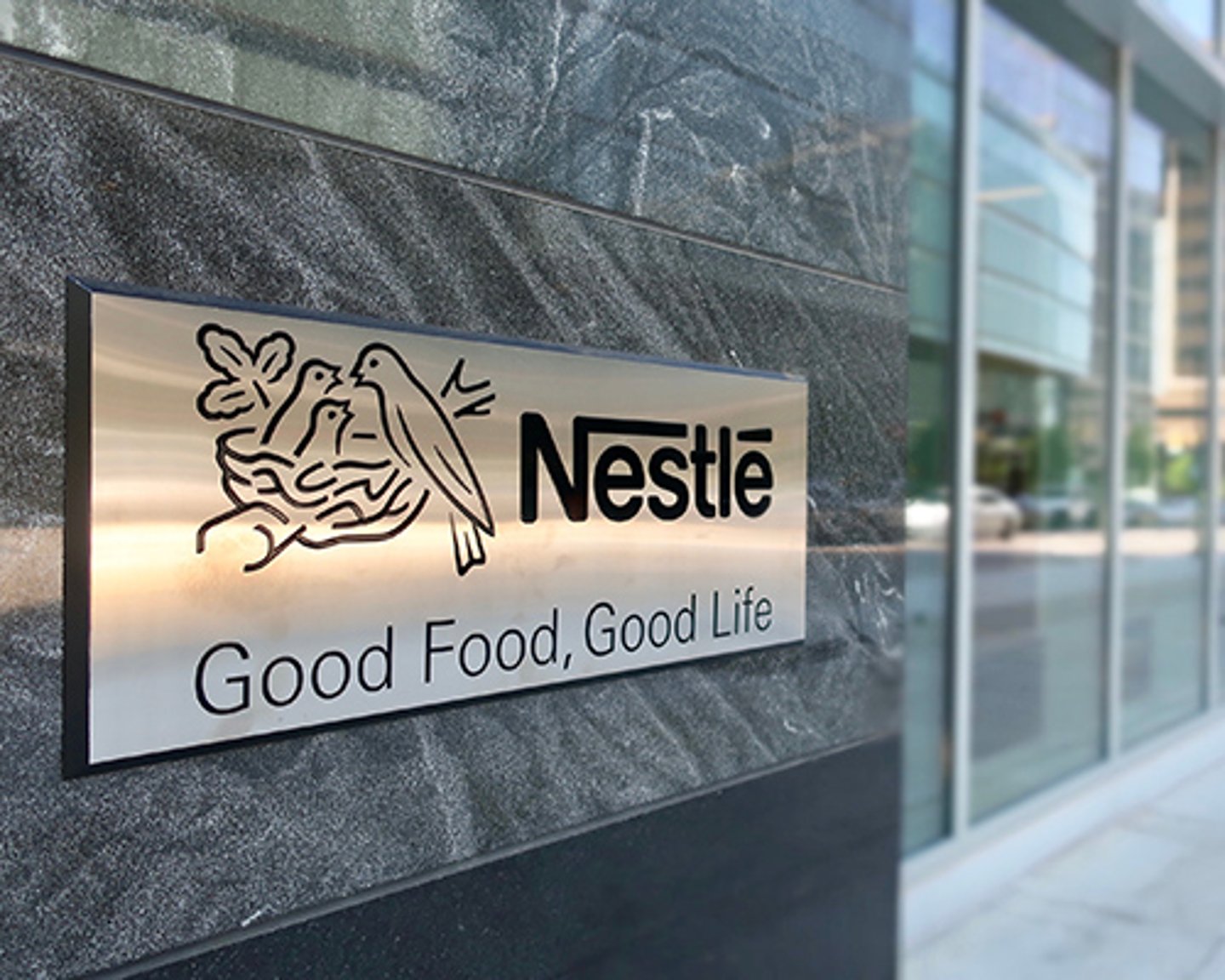Nestlé Reorganizes Operations As Retail Recovers and Digital Growth Soars
E-commerce now accounts for 14.1% of Nestlé’s total retail sales as the food and beverage giant tallied another positive quarter, in part thanks to strength in its coffee and pet care brands.
As it looks ahead to 2022, the food and beverage giant is modifying its operating regions, with subsequent leadership changes, in a move to strengthen the business and grow local relevance in its key markets.
In releasing its nine-month sales, Nestlé cited continued retail sales momentum as driving growth, as well as a steady recovery in out-of-home channels and market share gains across most categories. Organic sales grew 7.6%, while organic retail sales increased 6.6%.
[See also: As Freshly Scales Under Nestle’s Wing, Personalization Becomes Paramount]
Within retail, e-commerce grew 17.2%, and the company expects organic sales growth between 6-7% for the full year.
As with other consumer goods companies, Nestlé is raising prices and relying on the strength of its brands and global footprint to manage input inflation and supply chain costs.
François-Xavier Roger, Nestlé SA chief financial officer, noted in a call with investors that the increase in energy and freight costs has slightly worsened since the company last reported in July, and Nestle has in turn increased prices for the fourth consecutive quarter.
Overall prices were raised by about 2.1% in the third quarter, with pricing for the nine-month period increasing 1.6% — a level Nestlé hasn’t recorded for the last six years.
The No. 1 consumer goods company anticipates the impact from input cost inflation to be around 4% of cost of goods sold for full-year 2021, and expects to progressively increase pricing for the rest of the year and 2022.
Most product categories recorded strong e-comm momentum, particularly coffee, culinary and pet care.
Nestlé will reconfigure its market regions in a move to strengthen operations — especially in its top two markets of North America and Greater China.
The company, which sold off its North American spring water brands earlier this year, will be organized into five geographic regions (up from three): North America, which includes the United States and Canada; Latin America, which includes Brazil, Mexico and Caribbean; Europe; Asia, Oceania and Africa, which includes the Middle East and North Africa (MENA) region; and Greater China.
Mark Schneider, Nestlé S.A. CEO, said the move marks the next level in local relevance and staying close to the consumer.
“In doing so, we will sharpen the geographic focus of all five of our zones and increase agility in a fast-moving consumer environment,” he added. “The new structure has broad support inside our company and with our executive leadership team.”
A series of leadership changes accompany the shifts, including Steve Presley, chairman and CEO Nestlé USA, becoming executive VP and CEO of North America. Presley, who joined the company in 1997, will also become a member of the executive board.
Other changes include David Zhang, current CEO of Nestlé's Totole food seasoning business and business executive officer for food in Greater China, becoming executive VP for Greater China. He will also join the executive board.
[See also: Inside Nestlé’s Largest R&D Accelerator]
Remy Ejel, current market head of Middle East North Africa, will join the board as EVP and CEO of AOA. Laurent Freixe and Marco Settembri, already board members, will respectively lead the new LATAM region as EVP and CEO, and Europe as EVP and CEO.
Chris Johnson, executive VP and CEO, Asia, Oceania and sub-Saharan Africa, is retiring. Johnson spent nearly four decades with the company and was led the development of Nestlé's first global IT solution.
The changes go into effect Jan. 1, 2022.






